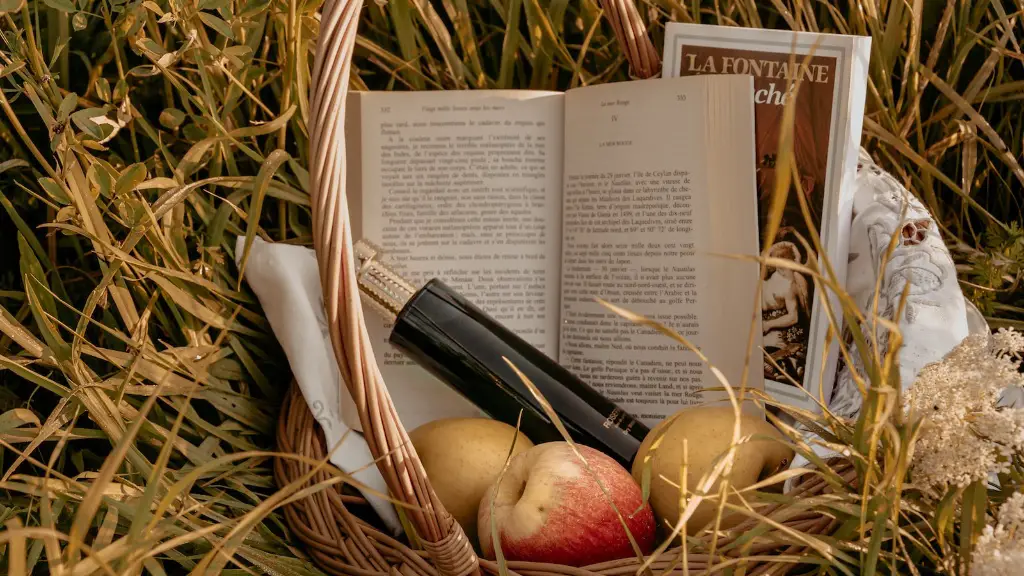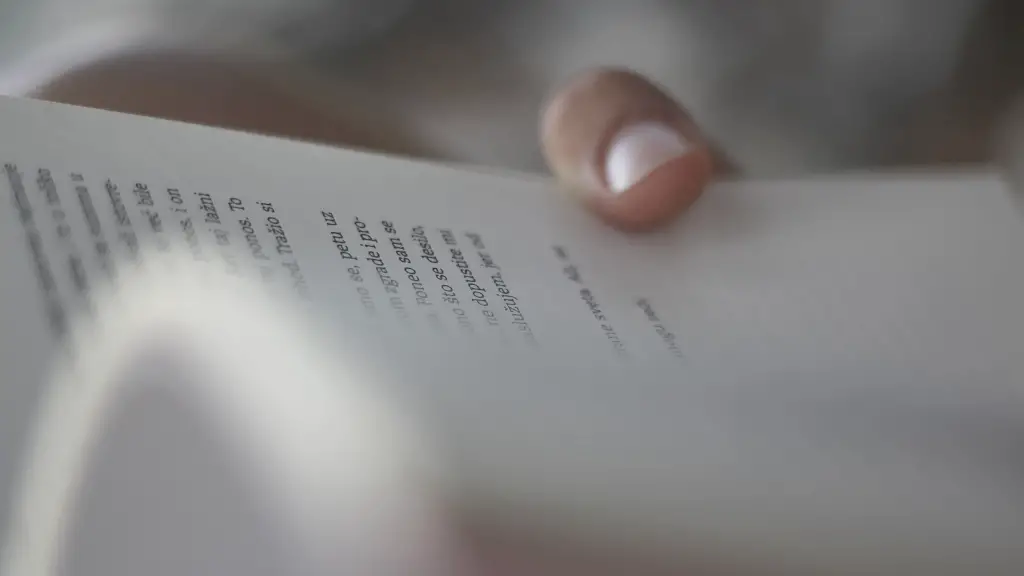Overview of Slam Poetry
Slam poetry can be described as a form of art that combines spoken word with the art of performance. It’s an expressive, powerful and passionate way to communicate ideas, feelings and experiences. It often involves spontaneous occurrences and an element of risk and surprise. Using words, tone and movement, slam poets can tell stories, express ideas, and speak their minds, often in an exciting and energetic way.
Slam poetry has its roots in traditional poetry but stands out for its performance aspect and its engagement with the audience. Slam poets perform their pieces on stage with the intention of “slamming” (beating) the other poets in the competition and of making an impact on their audience. The poet’s every move, from their body language to the volume of their voice and variety of pauses, is part of their performance.
Elements of a Slam Performance
When a poet wants to captivate their audience and perfectly deliver their message, they should consider certain elements in their performance. Firstly, they need to be sincere and vulnerable. It is important to take the risk and share an honest account of their thoughts and feelings. Secondly, they must have an awareness of the energy they are sending to their audience. They should think about their movements, intonation, volume, pauses and expressions they make while they perform, and they should aim to be dynamic with their delivery. Thirdly, the material that they are presenting is undoubtedly essential. Poets want to make sure their work is fresh and interesting, with complex rhyme schemes and cohesive ideas.
Competitions and Events
Slam poetry events can come in several forms, from open-mics to competitive events. Open-mic events are usually opportunities for poets to test out new material with an audience, and for the audience to listen to original and heartfelt pieces. The competitive slams are often judged events that draw many talented poets from all over to battle for the title of Slam Champion.
Competitive slams use a panel of judges who score the poet’s performances, which are composed of elements like originality, lyrical content, and connection with the audience. Although scoring can be subjective, competition is a great way to hold a poet accountable and push them to be as creative as possible. It also provides a unique opportunity for slam poets to receive feedback and gain exposure in the poetry community.
Role of Slam Poetry
Slam poetry is mostly a way to get creative, have fun and practice storytelling. On a larger scale, however, it can also be an incredible platform for raising awareness about social issues, highlighting stories that are often ignored and neglected. Slam poetry touches the hearts of many and carries a great responsibility of speaking truth and justice.
Poets are able to speak without filters and with the power of their words, they can address subjects from poverty, crime, racial inequality and sexism to personal issues such as love, heartbreak and longing. Through poetry, people are able to access stories and explore emotions that are often too complex for us to understand by using only words.
Identity in Slam Poetry
Identity plays a major role in slam poetry. Poets are able to speak loudly and proudly about the experience of being within their cultural and gender identity, as it continues to be marginalised and misrepresented in the mainstream society. It is an opportunity to express and affirm their experience, to empower others, as well as to break discriminatory stereotypes.
At its core, identity in slam is an exploration of who an artist is and where they come from. It can take the form of political writing, storytelling, personal growth, and sometimes even comedy. By reclaiming their identity through words, poets are making space for those who are marginalised and redefining the concepts of what is considered ‘normal’ or ‘acceptable’ in society.
Advantages of Slam Poetry
The importance of slam poetry lies in its ability to bring together a large number of people who are passionate about creating art and being heard. Through competitions, events, and performances, poets are able to express and connect with each other, build a sense of community, and raise awareness about important issues.
This type of self-expression is also beneficial for mental and emotional health. Poets often use their work to heal, to process their emotions and to challenge the status quo. Not only is slam poetry a way to express one’s identity, but it also provides a platform to speak out and to propel representatives of all kinds of demographics forward.
How To Become a Slam Poet
The process of becoming a slam poet is quite straightforward. First and foremost, one should have a passion for writing poetry. It is important to familiarise oneself with different types of poetry such as freestyle, spoken word, narrative and performance pieces. Once the foundation is established, a poet can find inspiration from books, movies, conversations, or from their own experiences.
In addition, it is beneficial to attend open-mic and competition events, watch other poets and feed off their energy. It is also important to take classes and watch YouTube videos that can help to develop one’s skills. With enough practice and dedication, a poet can master their craft and eventually become a slam poet.
Opportunities in Slam Poetry
In addition to sharing poems at open-mic and competition events, there are plenty of other opportunities available to slam poets. These include teaching, publishing, touring and even making money from their work.
The internet provides an easy access to markets for poets. They can upload their pieces to Instagram, Twitter, YouTube and other platforms, which helps them reach a larger audience and gain recognition. Additionally, these platforms can help slam poets monetise their work, by joining platforms and providing subscription services for their followers.
Advocates of Slam Poetry
There are several renowned poets and personalities in the slam poetry community who are devoted to promoting the importance of poetry and cultivating the poetry and performance style in others. For example, forward thinking poets like Saul Williams, Kate Tempest, and Mahogany L Browne have made great strides in the poetry world and have created incredible platforms to showcase their work.
Moreover, organisations such as Urban Word and Write About Now have been actively teaching young people the value of poetry and empowering them to use it to express themselves and raise awareness around important social issues. They have been the driving force of bringing slam poetry to the forefront of the art world.
Where To Learn More
For curious minds looking to learn more about slam poetry, there are several classes, competitions and events available to explore. For example, the National Youth Poetry Slam is an annual competition for high school students, which encourages youth from all over the county to compete and learn from each other. There is also the National Poetry Slam, which is the largest competitive poetry event in the world, where poets from all over the world come together to inspire one another, collaborate and showcase their work.
Moreover, there are plenty of books that provide an overview of slam poetry and help poets to understand the process of how to create their pieces. For example, there is “The BreakBeat Poets: New American Poetry in the Age of Hip-Hop” and “The Poem Is You: Sixty Contemporary American Poems and How to Read Them”, both of which are great resources for anyone looking to delve deeper into slam poetry and explore the many facets of it.


